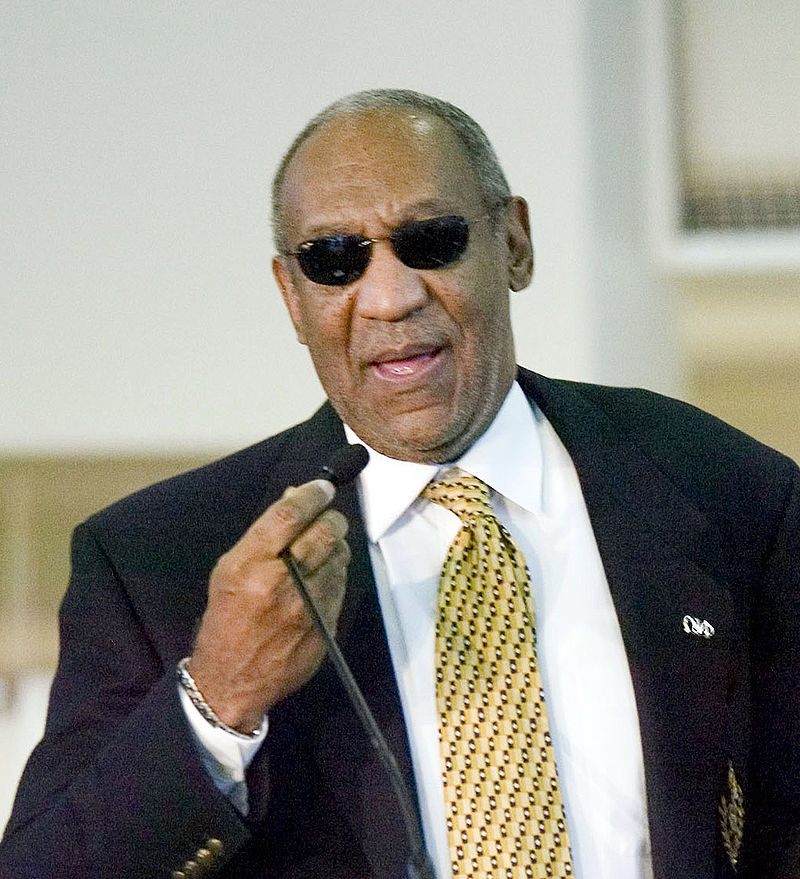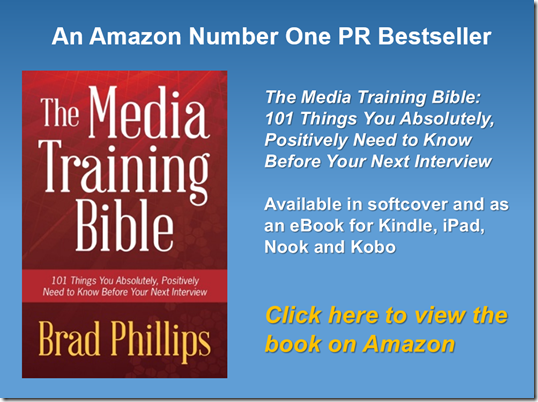Bill Cosby: His Scandal, Five Months Later
Editor’s Note: A student at North Carolina’s App State recently wrote and asked me a series of questions about Bill Cosby for a case study he’s working on. It’s been almost five months since the Cosby scandal broke, so this feels like a good time to revisit the case with some distance. Here is our Q&A.
1) What do you think of the actions the media has taken against him and the actions he has taken in response to them and the questions regarding the assaults?
The media’s coverage of this case has been predictable. Any star of Cosby’s caliber should expect this level of scrutiny when more than 20 women accuse him of sexual assault and/or rape. For better or worse, people tend to look at the reaction of the person publicly accused to help determine whether or not they believe he is guilty. Cosby’s defensive and bizarre responses have done little to bolster his parsed claims of innocence.
How bizarre has Cosby’s PR approach been? One of his first public statements was to release this video, in which he appeared to be wearing silk pajamas (not the best look for an accused sexual predator) and speaking from an 80s-era telephone.
2) Do you think his strategy so far has been effective?
If we’re defining “effective” as “not in prison,” then yes. If we’re defining it as “career salvaging,” then not even close. You have to remember that we’re talking about a man who was one of the most beloved celebrities of our time. During its peak in the mid-1980s, The Cosby Show was seen by an average of 30 million Americans every week. And although his celebrity has dimmed in recent years, he was on the cusp of a comeback with a new NBC sitcom and a nationally televised stand-up special. Today, he’s playing to half-empty concert venues and trying to manage the hecklers who interrupt his performances.
3) You said in your article that you’ve rarely seen a celebrity fall like this. Does it remind you of any other instances? If so, can he or we learn from that case or is Cosby’s situation unprecedented?
I can’t think of another case that’s analogous. Other people come to mind—Woody Allen, Roman Polanski—but their cases were different, at least in terms of the scale of the accusations. Plus, Cosby’s public identity was built on being a Cliff Huxtable-like figure. The perceived hypocrisy of the actual person versus the person he presented to the public only made this crisis more severe.
4) He’s faced some issues with reporters bringing up the allegations in interviews. Does he have to start turning down interviews or changing his strategy with choosing them? What would be the best way to do that?
Cosby’s representatives can try to make a deal with media outlets—an interview in return for not asking him about the allegations—but it’s hard to see what self-respecting journalist would consent to such an agreement. After watching Cosby’s interviews, like the one he did with Associated Press last November (below), I’d be reluctant to put him in front of the press. He has been unpredictable and has caused himself more harm than good through his public utterances.
5) You mentioned in your article about how you think, if he’s innocent, he should have declared he was innocent instead of choosing the middle ground, “no comment,” area. Do you believe his strategy will change as things go on or has been saying “no comment” for so long, he’s got to continue doing so?
At this point, most members of the public have already made up their minds regarding Cosby’s innocence or guilt. If he is innocent—which seems difficult to believe, if not impossible—saying so at this point is unlikely to change many minds. Public opinion sets fast, which is why it’s critical to address false allegations quickly.
6) If statute of limitations limits any criminal charges/investigation on him, his main opposition is public perception. Do you think he’ll ever escape this or will it continue to be an underlying tone to his career moving forward?
The severity of the charges against Cosby would make it difficult for almost anyone to successfully come back from them. The one factor that can work for scandalized public figures is time. Cosby is 77 years old—and he just doesn’t have enough time left on Earth to benefit from any sort of public rehabilitation.
That may sound harsh, but it also points to one possible, posthumous path to rehabilitation. Cosby’s work—much of which was excellent—will be reevaluated years after his death. His scandal may recede in public consciousness over time, allowing a new generation to enjoy his work without the ugly baggage that surrounds it now.




